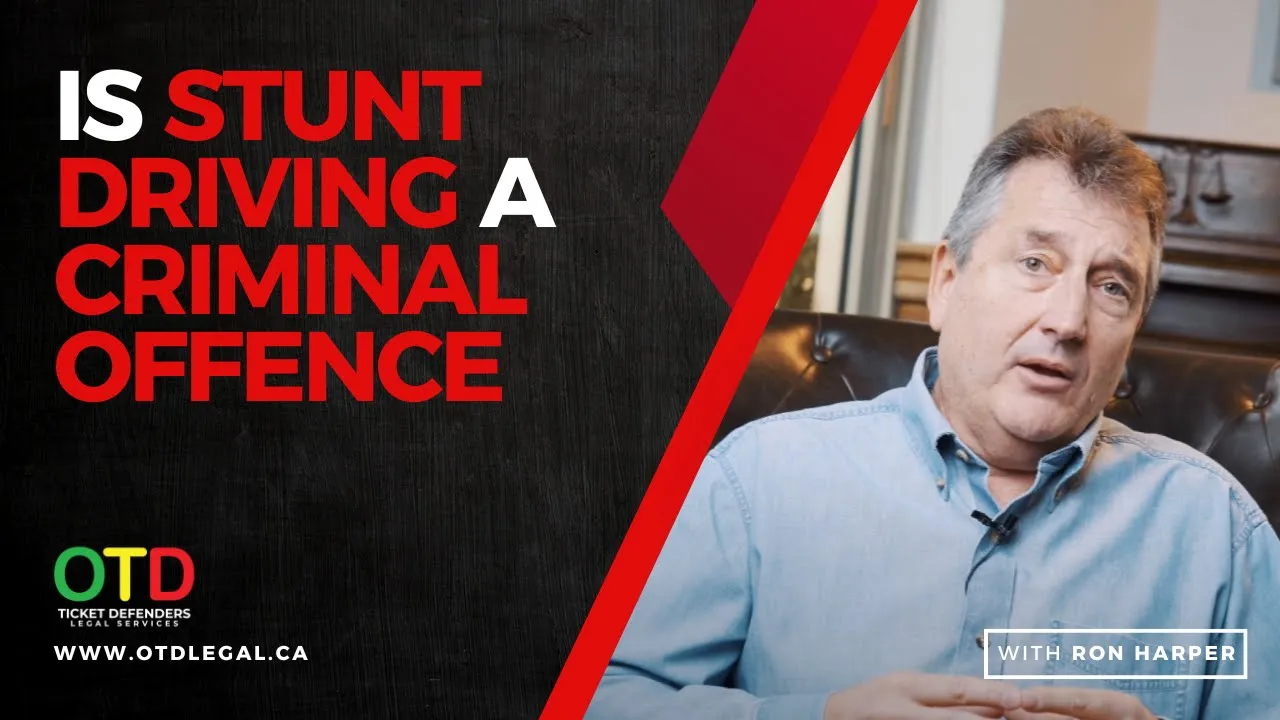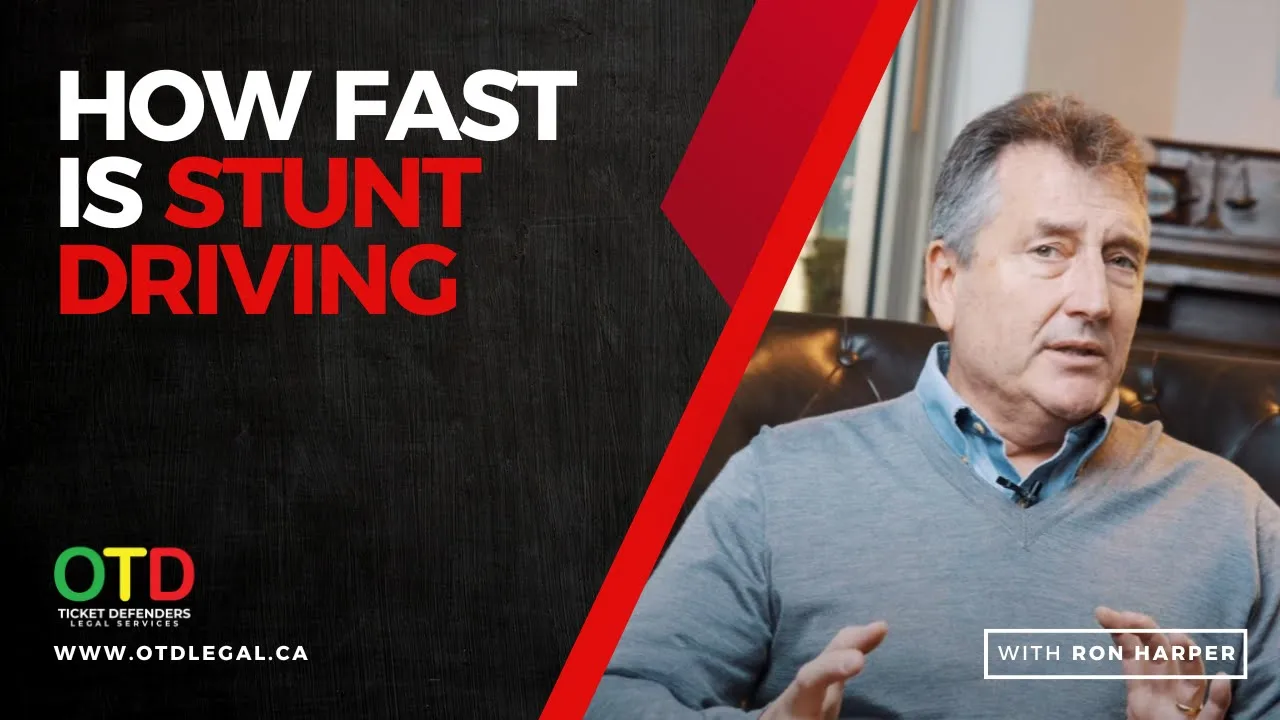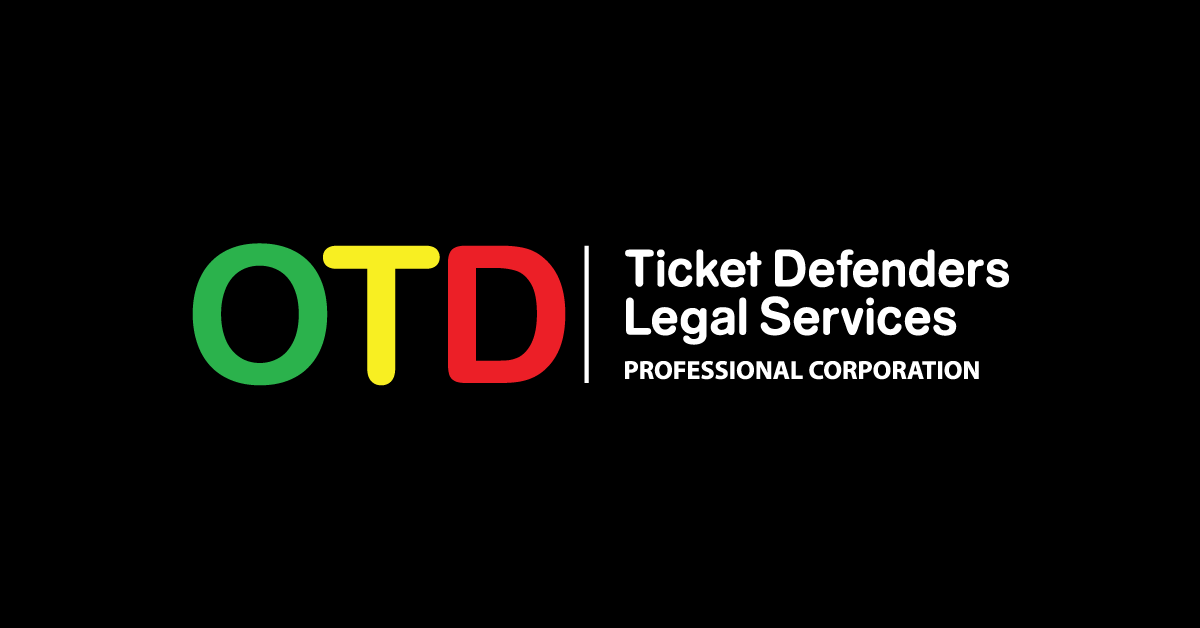Pre-Trial Meetings for Stunt Driving Charges: Your Options and Risks
Pre-trial meetings offer an opportunity to resolve stunt driving charges without going to trial, but they come with significant risks that many defendants don’t understand. At OTD Legal’s stunt driving practice, we help clients navigate these meetings safely and effectively to achieve the best possible outcomes.
How Pre-Trial Meetings Work
Pre-trial meetings provide a forum for discussing potential plea agreements and charge reductions before proceeding to trial. These meetings occur between the defendant (or their representative) and the Crown prosecutor, offering an opportunity to resolve cases more efficiently than through the full trial process.
The Pre-trial Process
Understanding how these meetings function helps you prepare appropriately and make informed decisions about your case. The process typically involves several stages, each presenting opportunities and risks that require careful consideration.
The meeting structure includes:
- Initial case review with the prosecutor
- Discussion of evidence and potential defences
- Negotiation of possible plea agreements
- Consideration of reduced charges or penalties
- Timeline for decision-making
When Can Pre-trial
Pre-trial meetings are typically available after your first court appearance and once disclosure has been provided. Timing is crucial for maximizing your negotiating position.
Optimal Timing Considerations:
- After reviewing complete disclosure
- Before trial preparation becomes extensive
- When evidence weaknesses are identified
- During periods of prosecutorial flexibility
- Before additional charges are laid
Negotiating a Favourable Resolution
Successful pre-trial requires strategic preparation and skilled negotiation. Understanding what prosecutors consider when evaluating cases helps you present the strongest possible position during these discussions.
Reduced Offences & Fine Reductions
One of the primary benefits of a pre-trial is the potential for charge reduction. As detailed in our video about the difference between reckless, careless, and stunt driving, different charges carry vastly different consequences.
Common Reduction Options:
- Stunt driving to careless driving
- Reduced speed-related charges
- Lower fines and penalties
- Modified court-imposed licence suspension periods
- Alternative sentencing options
Factors That Influence Negotiations
Several factors affect your ability to negotiate favorable terms during pre-trial meetings.
Negotiation Factors:
- Strength of the prosecution’s evidence
- Whether or not you have a defence to the charge
- Your driving record and history
- Circumstances surrounding the incident
- Potential constitutional or procedural issues
- Willingness to accept responsibility, if guilty
Common Strategies to Defend Against Charges
Effective pre-trial requires identifying and presenting viable defences that create reasonable doubt about your guilt. Our experience shows that prosecutors are more willing to negotiate when faced with strong defensive positions.
Defence Strategy Elements:
- Technical challenges to evidence
- Procedural compliance issues
- Constitutional rights violations
- Witness credibility concerns
- Equipment calibration problems
Common Mistakes Made During Pre-trial Meetings
Many defendants make critical errors during pre-trial meetings that can severely damage their cases. Understanding these pitfalls helps you avoid costly mistakes that could affect your trial if negotiations fail.
Self-Incrimination Risks
The most dangerous mistake defendants make is providing information that incriminates them during pre-trial discussions. Anything you say during these meetings can potentially be used against you if your case proceeds to trial.
Self-Incrimination Dangers:
- Admitting to speeding or dangerous driving
- Providing details about the incident
- Explaining your actions or motivations
- Discussing your driving history
- Making statements about guilt or responsibility
Inadequate Preparation
Many defendants attend pre-trial meetings without proper preparation, significantly weakening their negotiating position. This lack of preparation often results in accepting unfavorable plea agreements or missing opportunities for better outcomes.
Preparation Failures Include:
- Not reviewing disclosure thoroughly
- Not understanding the elements required for the Crown to get a conviction
- Failing to identify defence strategies
- Lacking understanding of potential penalties
- Not researching similar case outcomes
- Insufficient knowledge of legal procedures
Accepting Poor Deals
Without proper legal guidance, defendants often accept plea agreements that are worse than what they might achieve at trial or through better negotiation. Understanding the potential consequences of stunt driving helps evaluate whether proposed deals are truly beneficial.
Warning Signs of Poor Deals:
- Minimal reduction in penalties
- A deal that seems “too good to be true”
- Acceptance of unnecessary consequences
- Failure to address long-term impacts
- Inadequate consideration of alternatives
- Rushed decision-making
Legal Representation Can Handle Pre-Trial Meetings for You
Professional legal representation eliminates the risks associated with self-representation during Pre-trial meetings. Experienced lawyers and paralegals understand how to navigate these discussions effectively while protecting your interests.
Benefits of Professional Representation
Having qualified legal representation during pre-trial meetings provides numerous advantages that significantly improve your chances of achieving favorable outcomes.
Representation Advantages:
- Protection from self-incrimination
- Skilled negotiation experience
- Knowledge of prosecutorial practices
- Understanding of case precedents and elements of the charge
- Strategic presentation of defences
How Legal Representatives Approach Pre-Trials
Professional representatives approach pre-trial meetings with careful preparation and strategic thinking. They understand how to present your case in the most favorable light while avoiding the pitfalls that trap unrepresented defendants.
Professional Approach Elements:
- Thorough case preparation
- Strategic disclosure review
- Identification of negotiation leverage
- Protection of client interests
- Preservation of trial options
Risk Mitigation
Perhaps most importantly, professional representation eliminates the risk of inadvertent self-incrimination or acceptance of unfavorable agreements. Your representative can explore all options while maintaining your right to proceed to trial if negotiations fail.
Risk Protection Includes:
- Preventing damaging statements
- Ensuring informed decision-making
- Maintaining trial preparation
- Protecting constitutional rights
- Preserving appeal options
When Pre-trial Makes Sense
Understanding when a pre-trial is appropriate helps you make informed decisions about your case strategy. Not every case benefits from a pre-trial, and some situations favor proceeding directly to trial.
Ideal Pre-trial Scenarios
Certain circumstances make pre-trial discussions particularly attractive.
Favourable Scenarios:
- Strong prosecution evidence
- Weak defensive positions
- First-time offender status
- Willingness to accept reasonable penalties
- Desire to avoid trial uncertainty
When to Proceed to Trial
Some cases are better resolved through trial rather than through resolution discussions.
Trial-Favorable Situations:
- Strong constitutional defences
- Significant evidence problems
- Unreasonable prosecution demands
- High likelihood of acquittal
- Principle-based decisions
Getting Professional Help
Pre-trial meetings require careful navigation to achieve optimal outcomes while avoiding serious pitfalls.
Visit our locations page to find experienced representation near you, or contact OTD Legal to discuss your pre-trial options.
Frequently Asked Questions
Can I attend pre-trial meetings myself?
While legally permitted, self-representation during a pre-trial carries significant risks of self-incrimination and accepting unfavorable deals.
What happens if pre-trial discussions fail?
If negotiations fail, your case proceeds to trial. However, statements made during the pre-trial may be used against you at trial or help the Crown prepare their case against you.
How long do pre-trial meetings typically take?
Meetings usually last 15-30 minutes, but preparation and follow-up can extend the process over several weeks or months.




